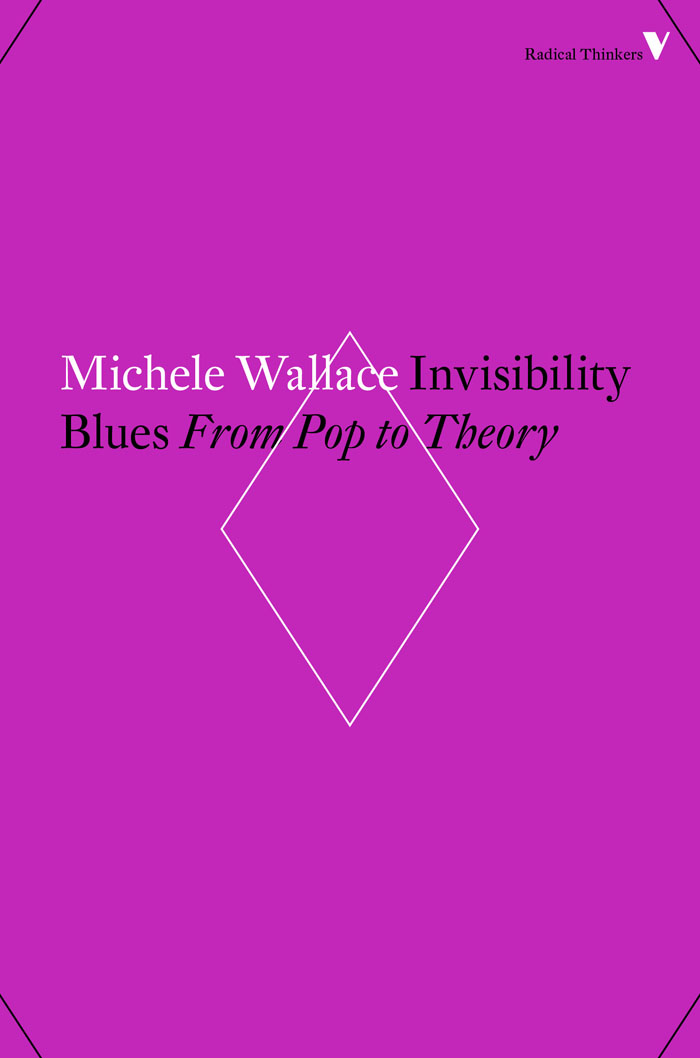Decolonize your bookshelf!

From the policing crisis to the Black Panthers, to intergenerational stories of resistance and the black radical tradition, see our books that challenge imperial narratives and offer a history of anti-colonial, anti-racist struggle.
A previously unpublished collection from Walter Rodney written during the world turning days of Black revolution.
Read an excerpt on the role of slavery in the economic underdevelopment of a continent here.
Gathering together Ruth Wilson Gilmore’s work from over three decades, Abolition Geography presents her singular contribution to the politics of abolition as theorist, researcher, and organizer, offering scholars and activists ways of seeing and doing to help navigate our turbulent present.
A haunting and evocative history of British empire, told through one woman’s family story.
A magisterial history of resistance to the rising of the British empire.
Insurgent Empire shows how Britain’s enslaved and colonial subjects were active agents in their own liberation. What is more, they shaped British ideas of freedom and emancipation back in the United Kingdom.
Nick Estes traces traditions of Indigenous resistance that led to the #NoDAPL movement. Our History Is the Future is at once a work of history, a manifesto, and an intergenerational story of resistance.
In this wide-reaching and timely book, Pero Gaglo Dagbovie argues that public knowledge and understanding of black history, including its historical icons, has been shaped by institutions and individuals outside academic ivory towers.
A remarkable intellectual history of the slave revolts that made the modern revolutionary era.
An ambitious masterwork of political economy, detailing the impact of slavery and colonialism on the history of international capitalism.
In this classic work published in the heady days of anti-colonial revolution, Groundings with My Brothers follows the global circulation of emancipatory ideas, from the black students of North America to the Rasta counterculture of Jamaica and beyond.
First published in 1985 and winner of the Martin Luther King Memorial Prize that year, The Heart of the Race is a testimony to the collective experience of black women in Britain, and their relationship to the British state throughout its long history of slavery, empire and colonialism.
A fascinating portrait of life with the Black Panthers in Algiers: a story of liberation and radical politics.
With race and the police once more burning issues, this classic work from one of America’s giants of black radicalism has lost none of its prescience or power.
Groundbreaking theory of uneven geographical development.
Originally published in 1978, Black Macho and the Myth of the Superwoman caused a storm of controversy. Michele Wallace blasted the masculine biases of the black politics that emerged from the sixties. She described how women remained marginalized by the patriarchal culture of Black Power, demonstrating the ways in which a genuine female subjectivity was blocked by the traditional myths of black womanhood.
The best-selling account of the life of Latin American peasant woman and winner of the Nobel Peace Prize.
Black rebellion has returned. Dramatic protests have risen up in scores of cities and campuses; there is renewed engagement with the history of Black radical movements and thought. Here, key intellectuals recall the powerful tradition of Black radicalism while defining new directions for the activists and thinkers it inspires.
C.L.R. James was widely recognized as a pioneering scholar of slave revolt; a leading voice of Pan-Africanism; a peripatetic revolutionary and scholar active in US and UK radical movements; a novelist, playwright, and critic.
A powerful challenge to the way we understand the politics of race and the history of anti-racist struggle.
Ed Morales explains how Latinx political identities are tied to a long Latin American history of mestizaje—“mixedness” or “hybridity”—and that this border thinking is both a key to understanding bilingual, bicultural Latin cultures and politics and a challenge to America’s infamously black–white racial regime.
A classic history of the role of Black working-class struggles throughout the twentieth century.
First published in 1990, Michele Wallace’s Invisibility Blues is widely regarded as a landmark in the history of black feminism. Wallace’s considerations include recollections of her early life in Harlem; a look at the underrepresentation of black voices in politics; and the legacy of such figures as Zora Neale Hurston, Toni Cade Bambara, and Toni Morrison.
A new approach to race and to comparative colonial studies, showing how race marks and reproduces the different relationships of inequality into which Europeans have coopted subaltern populations: territorial dispossession, enslavement, confinement, assimilation, and removal.
Rumba on the River presents a snapshot of an era when the currents of tradition and modernization collided along the banks of the Congo.
A magisterial melding of global ecological and political history, disclosing the nineteenth-century roots of underdevelopment in what became the Third World.
This diligently researched, wide ranging and sophisticated book will be welcomed by all those interested in the Caribbean and its émigrés, the Afro-American current within America’s radical tradition, and the history, politics, and culture of the African diaspora.
A century of complex relations between Communists and workers in China.
One of America’s leading black scholars assesses the historical and social forces that have undermined democracy and social reform in the societies of Africa and its diaspora.


















